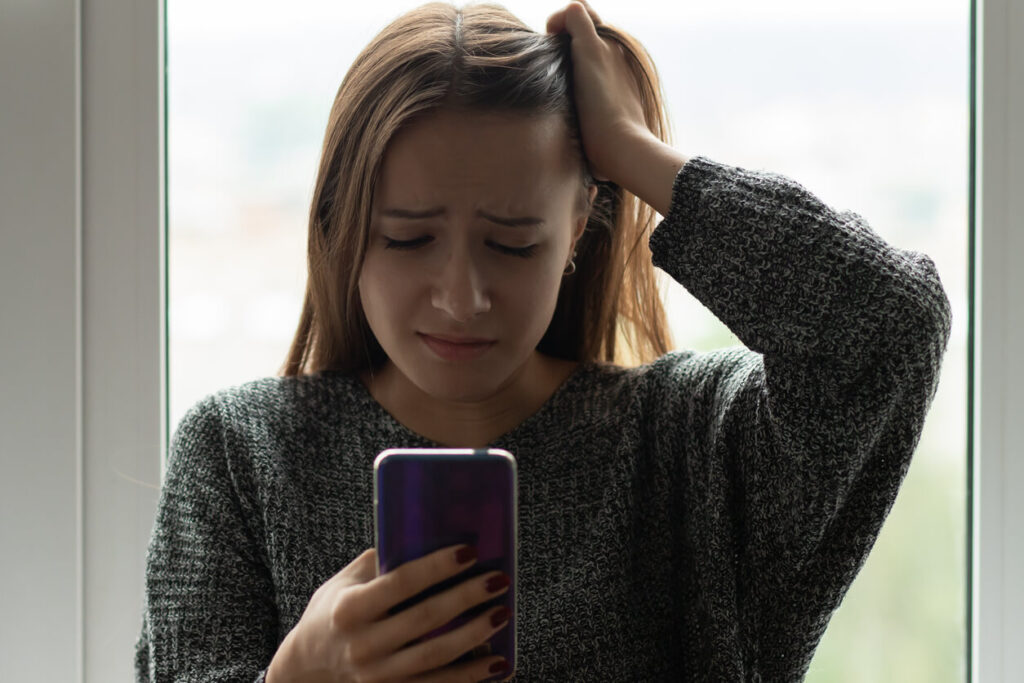In today’s digital age, social media platforms play a pivotal role in connecting people and shaping communication. However, with the rise of social media usage, there has been an alarming increase in instances of abuse, harassment, and exploitation. As a result, social media abuse lawsuits have emerged as a means for victims to seek justice and hold companies accountable for their platforms’ role in enabling harmful behavior.
What Constitutes Social Media Abuse?
Social media abuse can take many forms, including:
Cyberbullying: Targeted harassment or bullying conducted online, often through social media platforms. This can include threats, spreading false information, and making derogatory comments.
Online Grooming: Manipulative behavior by adults toward minors with the intention of sexual exploitation. Social media platforms can sometimes facilitate these predatory behaviors.
Hate Speech and Discrimination: Use of social media to promote hate or discrimination against individuals or groups based on race, gender, sexual orientation, or other characteristics.
Defamation: False statements made on social media that harm an individual’s reputation, leading to potential legal action for defamation.
Legal Grounds for Social Media Abuse Lawsuits
Victims of social media abuse may pursue lawsuits against both the perpetrators and the social media platforms themselves. The legal grounds for these lawsuits can vary based on the circumstances but often include:
Negligence: Plaintiffs may argue that social media companies failed to take reasonable steps to prevent abuse on their platforms, such as insufficient moderation of harmful content or inadequate reporting mechanisms.
Emotional Distress: Victims can seek damages for emotional harm caused by online abuse. This may include anxiety, depression, or other mental health issues stemming from the harassment.
Breach of Duty: Social media companies have a duty to protect their users from harm. If they fail to enforce their policies against abusive behavior, they may be held liable.
Data Privacy Violations: In cases where personal data is misused to facilitate abuse, victims may have grounds for a lawsuit based on privacy law violations.
Notable Cases and Trends
Several notable cases have brought attention to the issue of social media abuse and the responsibility of platforms:
The lawsuit against Facebook: Families of victims in high-profile cases of online harassment have sued Facebook for its role in facilitating abuse. These cases often center on the platform’s failure to adequately respond to reports of harassment and bullying. For example, the lawsuit filed by the family of a teenager who died by suicide after being bullied online highlighted Facebook’s alleged negligence in handling abusive content.
The impact of TikTok: As one of the fastest-growing social media platforms, TikTok has faced scrutiny for how it handles abusive content, particularly concerning minors. Recent lawsuits from parents whose children have experienced bullying on the platform have brought to light the need for stronger protections and accountability measures.
Instagram’s role: Instagram has faced multiple lawsuits related to body image issues and mental health impacts, particularly among young users. In these cases, plaintiffs argue that Instagram’s algorithms promote harmful content and exacerbate mental health issues.

Seeking Justice
For victims of social media abuse, pursuing a lawsuit can be a challenging yet empowering process. Here are steps to consider:
Document Everything: Keep detailed records of abusive messages, screenshots, and any relevant communications. This documentation is crucial for building a strong case.
Report the Abuse: Use the reporting features on social media platforms to alert them to the abusive behavior. This can also help demonstrate that you took steps to address the situation.
Consult Legal Experts: Reach out to attorneys who specialize in internet law, defamation, or personal injury to understand your rights and options.
Consider Support Services: Many organizations offer support for victims of cyberbullying and online harassment, providing resources for emotional and psychological recovery.
Conclusion
Social media abuse lawsuits are an essential tool for victims seeking justice and accountability in an increasingly digital world. As more individuals stand up against online harassment, the legal landscape is evolving, and social media companies may be compelled to adopt stronger measures to protect their users. If you or someone you know has experienced social media abuse, know that legal recourse is available, and you are not alone in this fight for justice.
Recent Developments in Social Media Abuse Lawsuits
In 2023, several new lawsuits have emerged against prominent social media platforms, focusing on their roles in perpetuating abuse and the impacts on users’ mental health. Noteworthy cases include:
Class Action Against Meta: A group of plaintiffs has filed a class action lawsuit against Meta (formerly Facebook) for allegedly violating consumer protection laws by failing to prevent online harassment and for misleading users about their safety measures. The plaintiffs argue that Meta’s algorithms contribute to the spread of harmful content, placing users at risk.
TikTok’s User Safety Concerns: Following reports of increased harassment among teens, several parents have initiated lawsuits against TikTok, claiming the platform has not done enough to protect young users from bullying. These cases highlight the growing concern over the platform’s responsibility for user safety.
Legal Reforms: In response to rising incidents of online abuse, lawmakers in several states have begun drafting legislation aimed at increasing accountability for social media companies. Proposed laws may include stricter requirements for content moderation and enhanced protections for victims of online harassment.
These ongoing legal battles emphasize the urgent need for social media platforms to implement robust measures to safeguard users from abuse and ensure that victims have access to the justice they deserve. As public awareness and legal scrutiny increase, social media companies will likely face greater pressure to create safer online environments for all users.

















